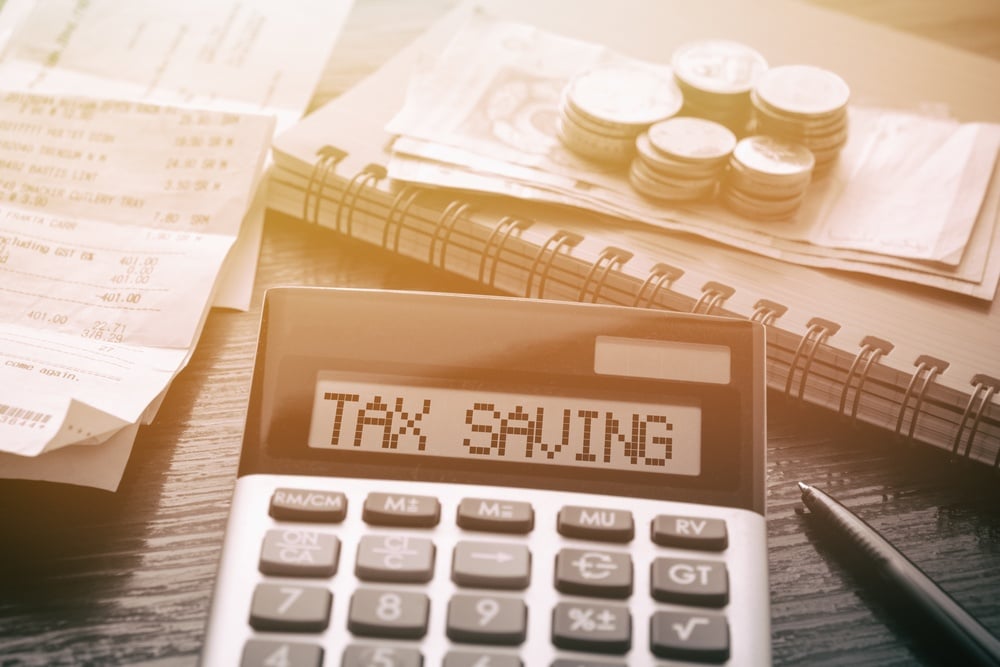
 The 1031 exchange is a useful tool that allows veterinary practice owners to defer taxes on real estate even after selling their practice and realty to new owners. It helps reduce your tax liabilities in the short term and when you replace your real estate with a new investment in other real estate. It may sound complicated at first, but with the help of a tax professional, you could easily use a 1031 exchange as part of the sale of your veterinary practice real estate.
The 1031 exchange is a useful tool that allows veterinary practice owners to defer taxes on real estate even after selling their practice and realty to new owners. It helps reduce your tax liabilities in the short term and when you replace your real estate with a new investment in other real estate. It may sound complicated at first, but with the help of a tax professional, you could easily use a 1031 exchange as part of the sale of your veterinary practice real estate.
How It Works
When you decide to do a 1031 exchange, you are essentially agreeing to sell your current real estate, and then immediately reinvest the money you make into a new real estate venture. In this case, you would be selling your veterinary practice building and taking that money to buy other real estate. There are two main caveats to this system: the new real estate must be of "like type," and the whole exchange must be done according to the IRS's timeline.
First, you'll want to find another commercial property that you are interested in buying. When the IRS says that the new building must be of "like type" they mean that you may exchange commercial real estate for another commercial real estate, but not residential real estate of either single family or multi-family type. Next, you must sell your real estate and select up to three properties that you are interested in. The properties you choose must not exceed 200 percent of the fair market value of the property you are selling, and you must acquire at least 95 percent of the fair market value for the exchange to be valid. You have exactly 180 days to close on whichever exchange properties you have chosen.
Why It Benefits You
The biggest reason that a 1031 exchange is beneficial is the ability to reduce your tax liabilities. Normally if you owned the real estate upon which your veterinary practice operated, you would be liable for capital gains taxes on anything you made during the sale of that real estate. With a 1031 exchange, your tax obligations are deferred as long as you reinvest as required by IRS regulations. This helps keep money in the system and gives you the opportunity to upgrade your investment over time by exchanging for better and better properties.
Few people are aware of the 1031 exchange as a means of protecting your real estate investments from high taxes. If you begin planning early, you can make the 1031 exchange a piece of your practice sale and save yourself from taking a major tax hit the first year after you sell.
These Stories on Selling a veterinary practice
Street Address:
100 Crescent Ct, Suite 700
Dallas, TX 75201
Call Us: 214.593.7158
Email: mlee@praxisinc.com
No Comments Yet
Let us know what you think